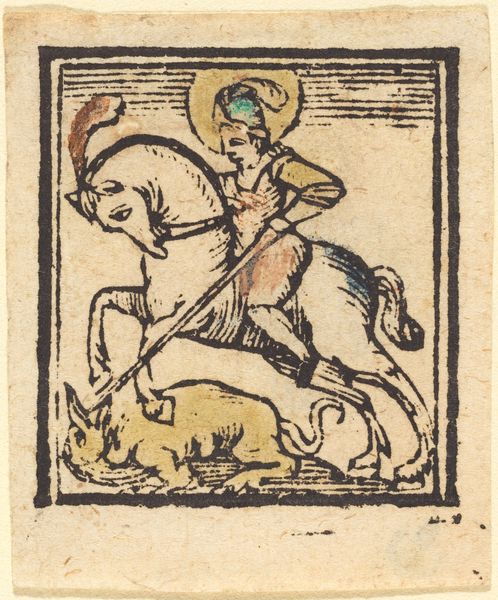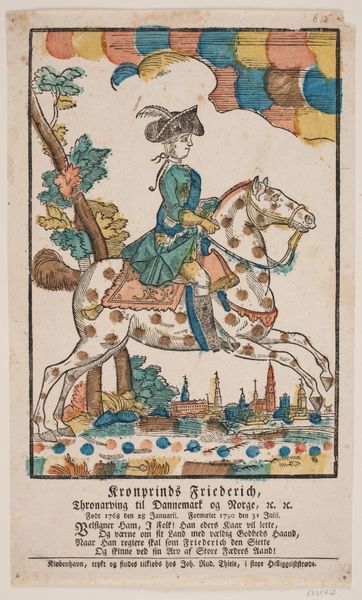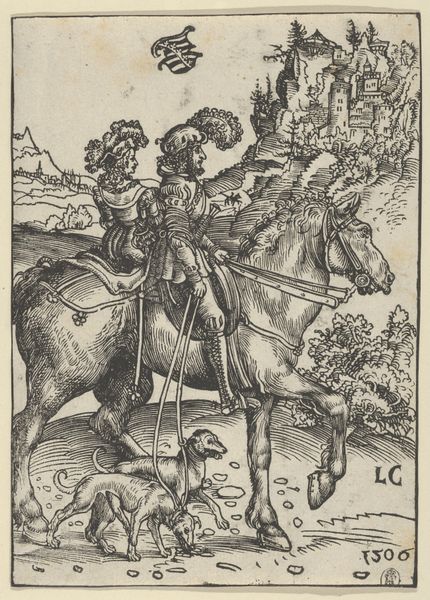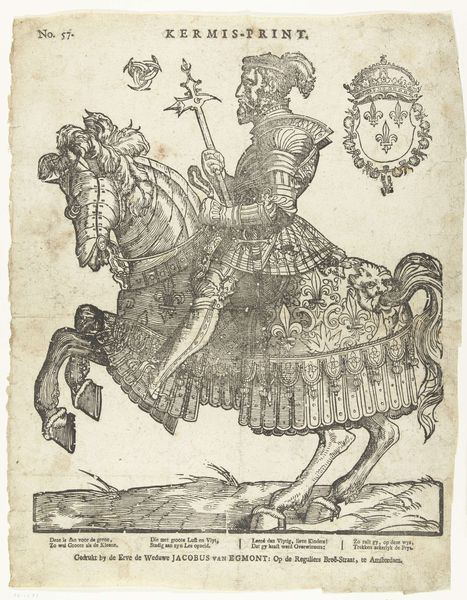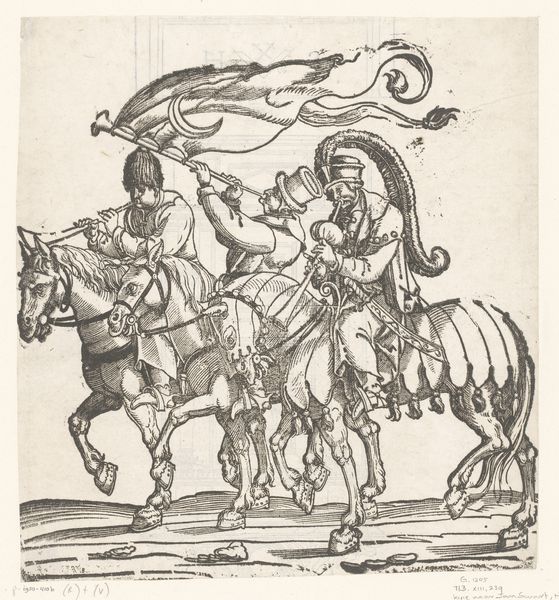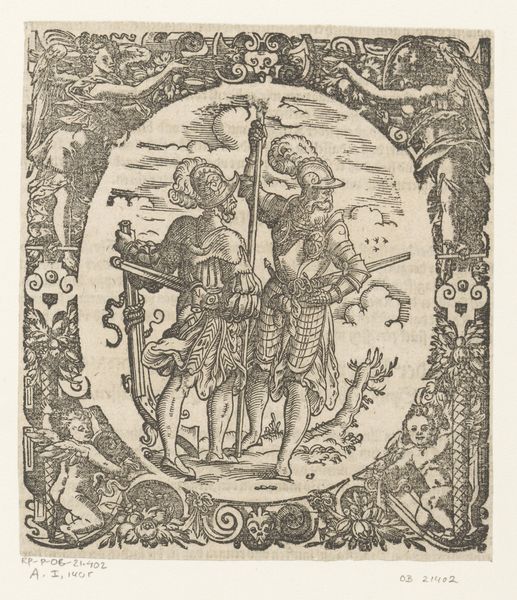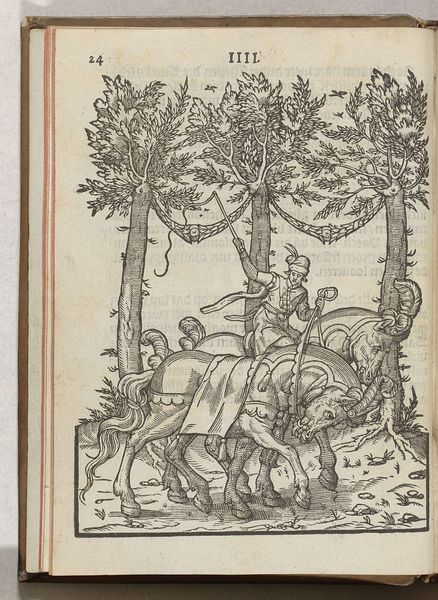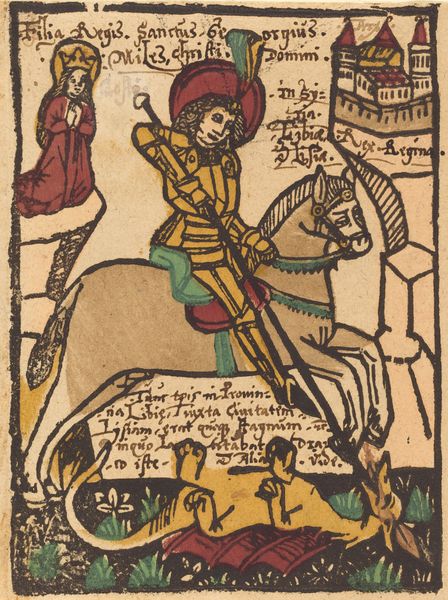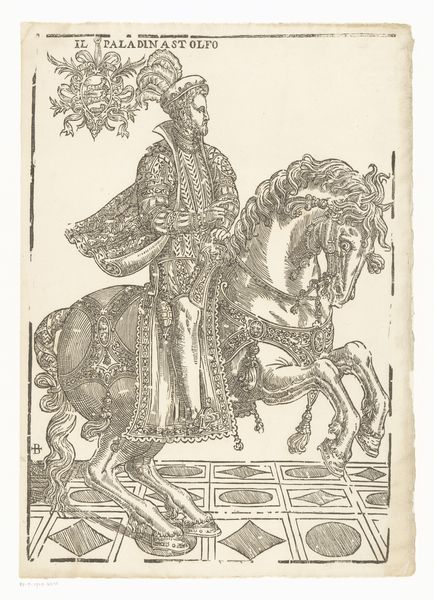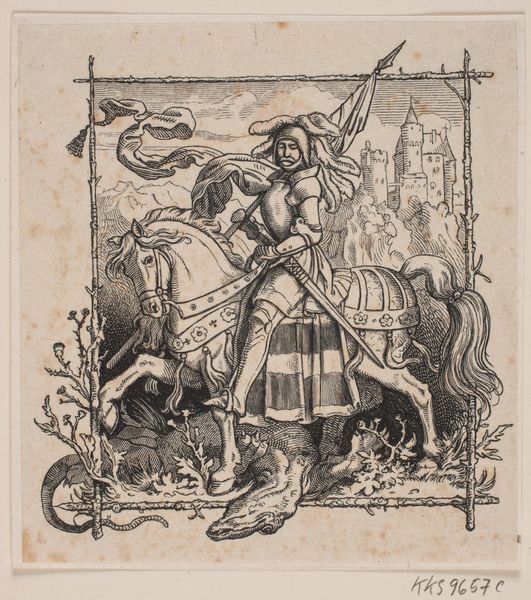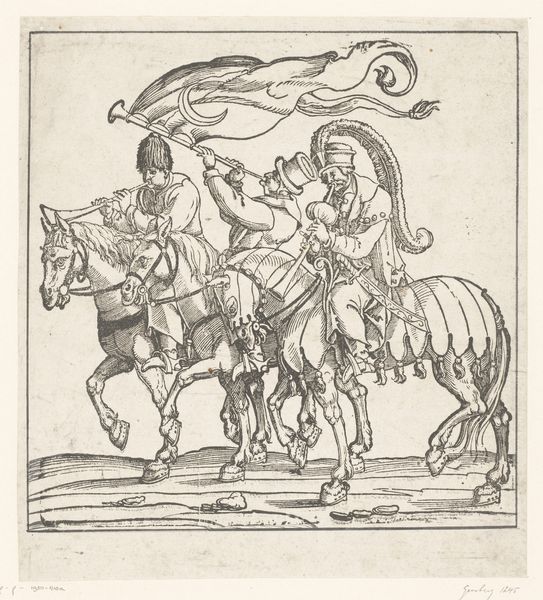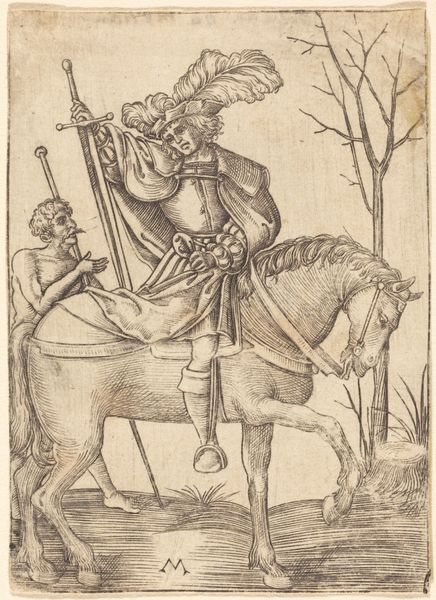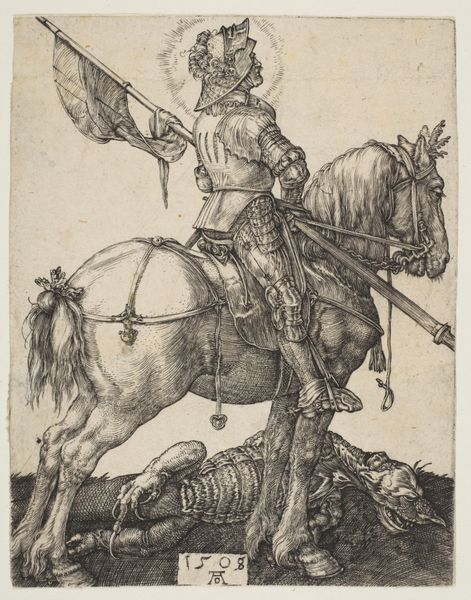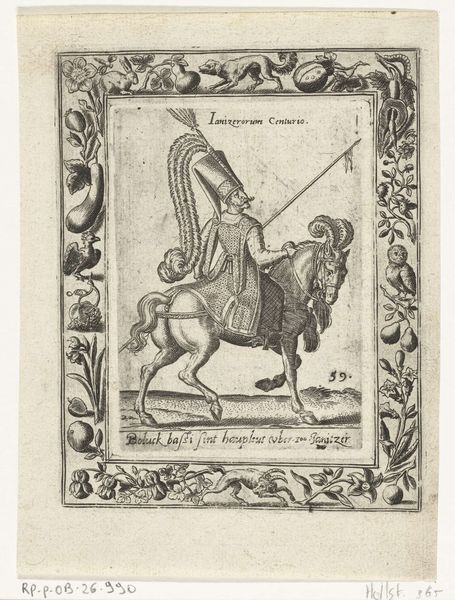
print, woodcut
#
narrative-art
#
pen drawing
# print
#
pen illustration
#
figuration
#
woodcut
#
line
#
history-painting
#
northern-renaissance
Copyright: National Gallery of Art: CC0 1.0
Editor: So this is "Saint Martin and the Beggar," a woodcut from around 1490 by an anonymous artist. It feels very... handmade, and I'm curious about that. What can we read from the way it was produced? Curator: It's crucial to look at woodcuts in terms of production. This wasn't some solitary genius; prints like these were collaborative efforts. Think about the labor: the person who drew the image, the cutter who transferred it to the block, the printer... Editor: So it’s more of a collective enterprise than a single act of creation? Curator: Exactly. And the relatively inexpensive nature of prints made them accessible. Who was buying these? Were they for the wealthy, devotional images, or something else? That affects how we understand its cultural role. The lines and details weren't about naturalism, but clear communication for mass consumption. How does the choice of this medium shape the meaning, compared to a painting? Editor: It's a good point; paintings at the time were almost exclusively for the elite. This is much more democratic... but does the quality of the materials themselves impact the image's perceived value or status? Curator: Absolutely. Cheaper paper, maybe less-refined inks – these aren't signs of failure but conscious choices driven by the intended audience and the function of the image. Does recognizing the economic constraints or motivations make it more, or less, powerful to you? Editor: I hadn't really thought about art like that before. I'm now seeing how the limitations actually reveal more about the culture of the time! Curator: Precisely! Recognizing the material realities gives us a much richer understanding.
Comments
No comments
Be the first to comment and join the conversation on the ultimate creative platform.
